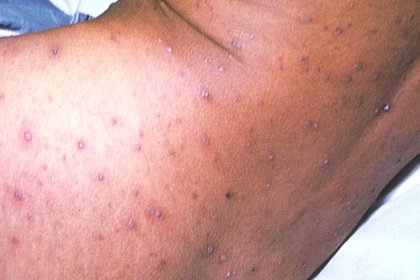What is Chicken Pox?
Chicken pox is a very contagious viral infection that causes an itchy rash with small blisters. People are contagious from two days before the rash appears until all the blisters have crusted over. Most people who get chicken pox develop lifelong immunity. Adults can have a more severe illness with higher risk of complications.
If you or your child show symptoms of chicken pox, you can book a consultation with Hope Plus to speak directly with a healthcare provider and get advice on care, relief, and preventing spread to others.
Causes
- Caused by the Varicella Zoster Virus (VZV)
- Spread through droplets from coughing, sneezing, or direct contact with the rash
Symptoms
- Mild fever 10–20 days after exposure
- Headache, tiredness, and general discomfort 2–3 days before the rash
- Rash: small red spots that turn into fluid-filled blisters, then crust over
- Rash usually starts on the trunk and spreads to the face and limbs
- Blisters at different stages may appear together
- Complications can include skin infections, pneumonia, severe bleeding, or brain infection (rare)
Diagnosis
- Usually diagnosed by looking at the rash and symptoms
- Lab tests are rarely needed
Treatment
- Relieve itching with calamine lotion twice daily or cool, wet compresses
- Reduce allergy symptoms with chlorpheniramine (dosage depends on age)
- Pain and fever relief with paracetamol (dose based on body weight)
- Adults and children over 12 years may need antiviral medicine such as aciclovir
- Keep children at home until all blisters are crusted to prevent spreading the virus
Prevention
- Isolate infected patients until fully recovered
- Avoid contact between infected persons and people with weak immune systems


